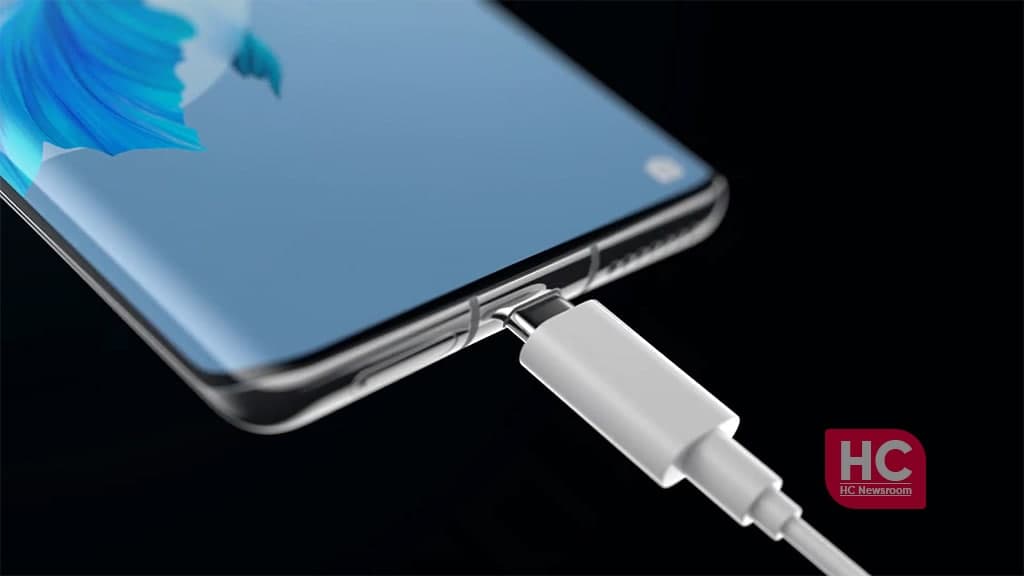News
Europe to make USB C ‘a must’ port in phones, tablets, cameras, headphones, speakers

Today, European Union purposed a revised “Radio Equipment Directive”, which makes electronics manufacturers to must use USB C as a common port in phones, tablets, cameras, headphones, speakers, and gaming consoles that will sell in Europe. This idea is presented as a big win for the consumers and for the environment.
The bill is yet to be adopted but it’s may likely get the nod from all EU members when it’ll be laid out on the desk. Meanwhile, it’s a very interesting topic and you deserve a good explanation of this Europe USB C bill, it’s a nice name, isn’t it? Let’s proceed.
What is the Europe USB C bill?
Under this bill, USB-C will become the universal port for all smartphones, tablets, cameras, headphones, portable speakers, and handheld videogame consoles. The EU also suggest that they proposed to unbundle the sale of chargers from the sale of electronic devices.
The proposed bill mentioned the following key points:
- Consumers will be able to charge all of their devices with the same charger regardless of any brand
- It’ll prohibit device makers to vary the charging speed
- Consumers can purchase a device without a charger, to not cause the collection of unwanted chargers.
- Device makers will be required to provide sufficient charging information regarding the charger’s performance, speed, and compatibility.

Why EU purposed the USB C bill?
According to the data published by the EU authority, around 420 million smartphones and other electronic devices have been sold in Europe in 2020. On average, a consumer has about three chargers and only two of them are being used.
38 percent of the overall consumers reported facing issues while charging their device at least once because of incompatibility. On the flip side, it also causes loss to the consumers.
How? Well, the EU report says, European consumers spend around 2.4 billion euros every year on “standalone chargers” that don’t come pre-packed with the corresponding purchase gadget.
Furthermore, the situation leads to a massive amount of e-waste, which gathers a sum of 11,000 tonnes each year. This is a huge number in terms of environmental safety and the harms caused by such waste.
Adaption Timeline:
The latest draft created by the EU committee will require to be adopted by the European parliament and council by ordinary legislative procedure (co-decision). According to the information, a transition period of 24 months from the date of adaptation will be announced for the industry to make the changes accordingly.
